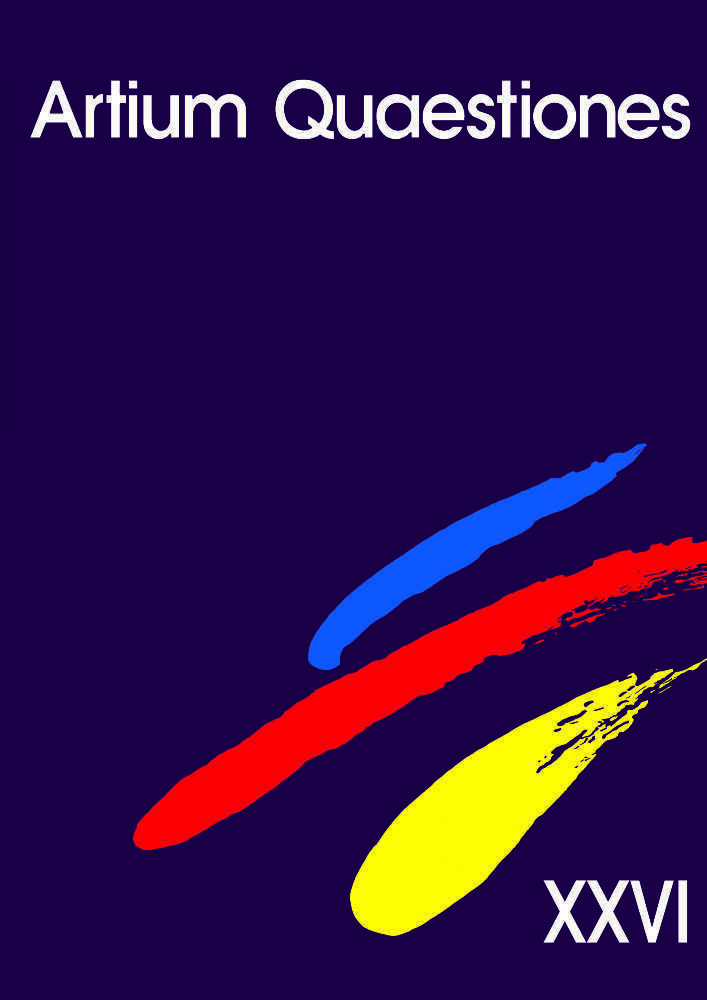Abstract
The essay offers a philosophical interpretation of the concept of the garden according to the contemporary Italian aesthetician Rosario Assunto (1915–1994). Assunto systematically developed a philosophical theory focused on the question of the identity of the garden. He was interested in the “idea of the Garden” which, in his opinion, determined historical gardens both at the ontological and epistemological level. He defined the garden in terms of a happy connection of man and nature, based on the aesthetic contemplation of beauty, characteristic of all the gardens regardless of historical differences among them. According to Assunto, gardens are places which combine together aesthetics, ethics, and logic. This combination determines the unique identity of the garden which takes various forms, depending on the individual poetics of their makers, socio-historical realities, taste, and the correspondent ideas of nature. Assunto’s starting points are thus historical versions of the garden, descriptive literature, and German philosophy of the turn of the 19th century. For the Italian philosopher, gardens have not only historical and artistic, but also ecological aspects, so that they should be protected and restored. Assunto’s theory is a unique proposal which anticipates today’s reflection on the topic of gardens, but seems much more satisfactory than many contemporary approaches (A. Berleant, M. Miller, S. Ross).
License
Copyright (c) 2023 Mateusz Salwa

This work is licensed under a Creative Commons Attribution-NonCommercial-NoDerivatives 4.0 International License.
The copyrights are regulated by author's statement and publication agreement prepared by Adam Mickiewicz University Press. The authors are responsible for the originality of texts published and regulating the copyrights of accompanying visual materials, unless the materials come from the Editorial Team.
This work is available with the following licence: Attribution-NonCommercial-NoDerivatives 4.0 International License
Attribution-NonCommercial-NoDerivatives 4.0 International License
